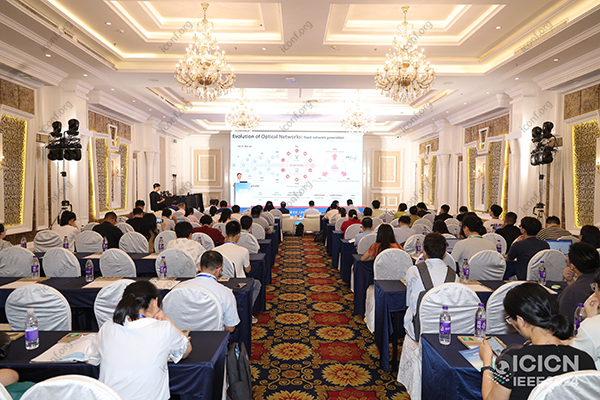The year 2025 brings numerous opportunities for linguists to submit original work across a broad spectrum of subfields. Calls for papers invite submissions in areas such as syntax, semantics, phonetics, sociolinguistics, psycholinguistics, and computational approaches to language. Engaging with these CFPs advances theoretical debate, informs pedagogical practice, and fosters interdisciplinary collaboration.

Advance Theoretical Understanding
Contribute new models in syntax, semantics, or phonology that refine core linguistic theory.
Inform Applied Practice
Present findings in second-language acquisition, language pedagogy, or clinical linguistics to impact educators and clinicians.
Foster Interdisciplinary Research
Collaborate with cognitive scientists, AI researchers, and sociologists to address language variation and processing.
Enhance Academic Profile
Publication in peer-reviewed conference proceedings and special journal issues supports tenure, grant applications, and professional visibility.
Align your submission with one or more of these active areas:
Syntax & Semantics
Investigations of sentence structure, meaning representation, and argument structure.
Phonetics & Phonology
Studies of speech sounds, prosody, and phonological patterns across languages.
Morphology & Typology
Analysis of word formation processes and cross-linguistic comparisons.
Sociolinguistics & Language Variation
Research on dialects, multilingualism, and language contact phenomena.
Psycholinguistics & Neurolinguistics
Experimental and neuroimaging studies of language processing and acquisition.
Second Language Acquisition & Teaching
Insights into learner strategies, assessment, and curriculum design.
Language Technology & Computational Linguistics
Developments in natural language processing, corpus analysis, and machine translation.
Discourse Analysis & Pragmatics
Examination of conversation structure, politeness strategies, and context-dependent meaning.
A centralized CFP platform streamlines your search and submission:
Filter by Subfield
Select “Linguistics” and then narrow to your specialty area.
Track Deadlines
Monitor abstract and full-paper due dates in one interface.
Review Guidelines
Confirm word counts, formatting styles, and peer-review procedures.
Verify Venue Quality
Choose CFPs from reputable associations, societies, and journals that uphold rigorous standards.
Visit iconf.org to explore the latest linguistics calls for papers and manage your submissions efficiently.
Match the CFP Scope
Ensure your topic aligns precisely with the conference themes and keywords.
Craft a Clear Abstract
Summarize research questions, theoretical framework, methods, and key findings in 250–300 words.
Structure with Clarity
Use logical sections—introduction, literature review, methodology, analysis, conclusion—for coherence.
Include Exemplary Data
Provide illustrative examples from corpora, experimental results, or language samples.
Follow Formatting Requirements
Adhere strictly to templates, citation styles (e.g., APA, Chicago), and submission instructions.
Proofread and Peer Review
Seek feedback from colleagues and consider professional editing to enhance clarity and accuracy.
Participating in linguistics CFPs positions your work at the forefront of language research. Begin preparing your manuscript now and connect with the global linguistic community through 2025 calls for papers.